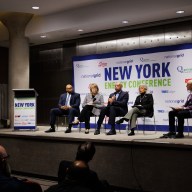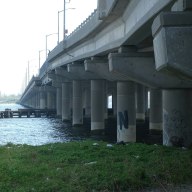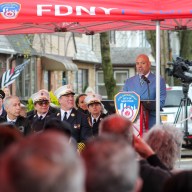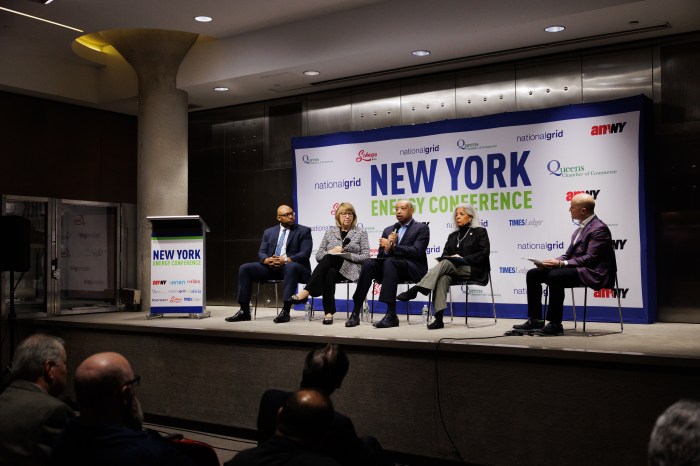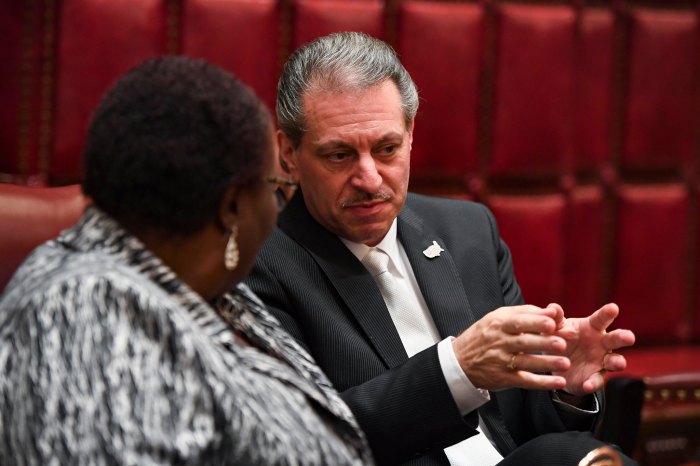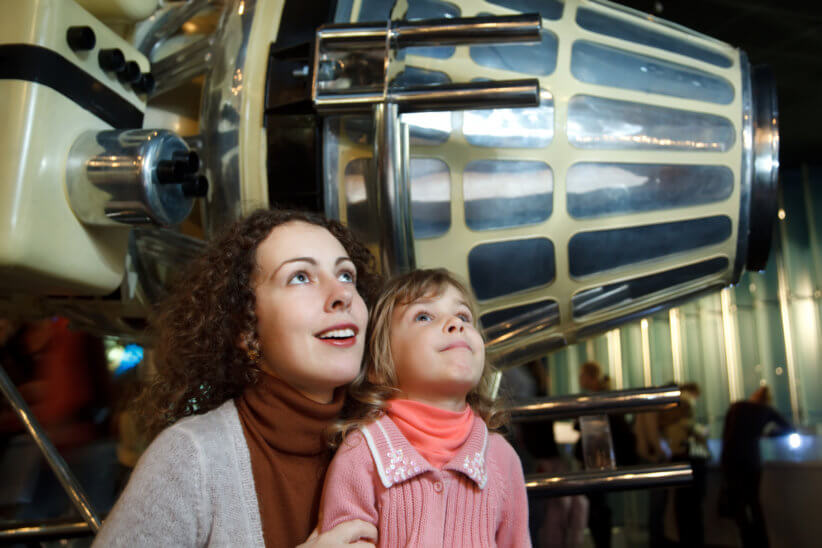By Courtney Dentch
As the city faces a serious drought, the Department of Environmental Protection is planning to begin a study later this month on treating water from an old well that used to supply residents of southeast Queens.
The six-month water treatment study at Station 6 at 108th Avenue and 165th Street in Jamaica, will test several combinations of filtering technologies to remove iron and manganese from an old Jamaica Water Supply well, said Bill Yulinsky, director of environmental health and safety for the DEP. The facility is scheduled to open April 24, he said Monday.
The water pumped from the well will not be used for drinking water, but will be tested for quality so the agency can find the best treatment solution, said Donald Cohen, project coordinator for DEP consultant Malcolm Pirnie Inc.
The well testing at Station 6 is part of the Brooklyn-Queens Aquifer Feasibility project, which is a study of contaminated pumps from the Jamaica Water Supply wells, Yulinsky told a meeting of the citizen’s advisory committee for the study.
The project also includes Station 24, adjacent to the West Side Corp. site, which was contaminated with industrial chemicals such as methyl tert-butyl ether, known as MTBE and perchloroethylene, known as PERC, Yulinsky said. The contamination came from dry-cleaning chemicals which were stored at the West Side Corp. site and was discovered in 1996, Cohen said.
Although the chemical contaminants have not been found in the water from Station 6, the DEP is hoping to treat the water for volatile organic compounds, including iron and manganese, as well as soften the water to make it acceptable for human consumption, Cohen said.
“Only after we show the community and convince the community that this water is safe to drink, only then would we build a full-treatment station and introduce it into the city’s drinking water,” Cohen said.
The testing will use combinations of seven different water treatment technologies, including carbon and membrane filters, to clean the water of any contaminants, Cohen said. The water will be checked for contaminants at regulated intervals so that the DEP can see which combinations of technologies work best, said Nichole Brown, project engineer for Malcolm Pirnie.
The DEP has planned a ribbon-cutting ceremony for Station 6 at 11 a.m. on April 24, Yulinsky said. It is open to the public, and residents will be able to tour the facility, he said.
“We’re ready to show the community what we’re doing,” he said.
The advisory committee also discussed the reactivation of other Jamaica Water Supply wells to help ease the drought emergency. New York City acquired the wells in the 1990s, and many were shut down because they deteriorated under a lack of maintenance, Cohen said.
Eleven wells, which have been online since the city purchased them, were opened last month, adding 10 million gallons per day into the city’s drinking water supply with another on standby, said Roman Kensy, director of Distribution Operations for the Bureau of Water and Sewers for the DEP.
Another 11 wells have been sampled, and the agency is awaiting reports from the Bureau of Water Supply, which controls water quality within the DEP, to see if it is safe for drinking, Kensy said. The DEP plans to test five more wells this week, he said.
Two other wells pumping water that is not fit for human consumption may also be opened for use by city agencies like the Department of Sanitation, the Parks Department, and the Department of Transportation, Kensy said. The water would be transported by tanker trucks for use in watering plants in parks or cleaning streets.
Reach reporter Courtney Dentch by e-mail at TimesLedger@aol.com or by phone at 229-0300, Ext. 138.







